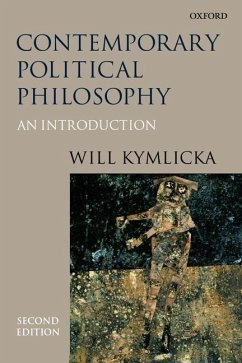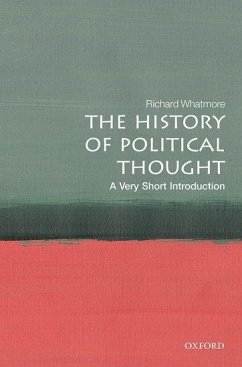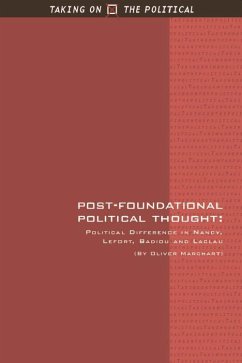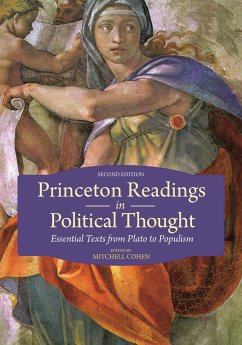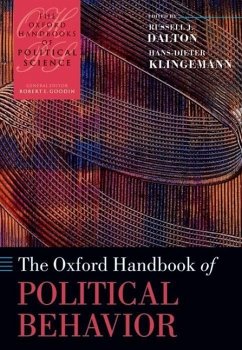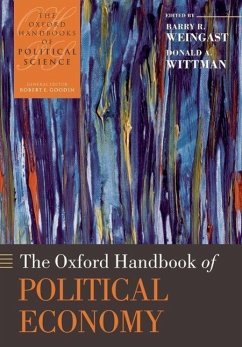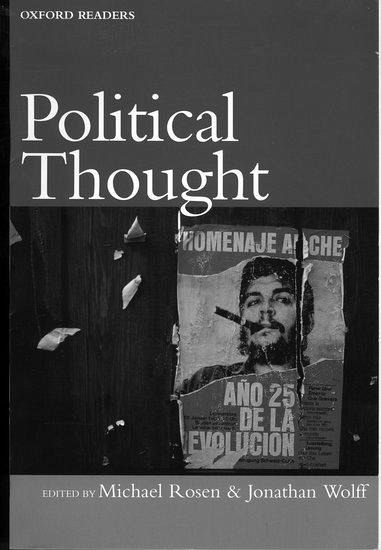
Political Thought
Versandkostenfrei!
Versandfertig in 2-4 Wochen
66,99 €
inkl. MwSt.

PAYBACK Punkte
33 °P sammeln!
Contains 140 helpful readings covering the debates in the Western political tradition and presents samples of the political ideologies. Issues discussed in this title include: the role of human nature in determining social arrangements; the political significance of gender differences; the justification for the powers of the state; and more.





